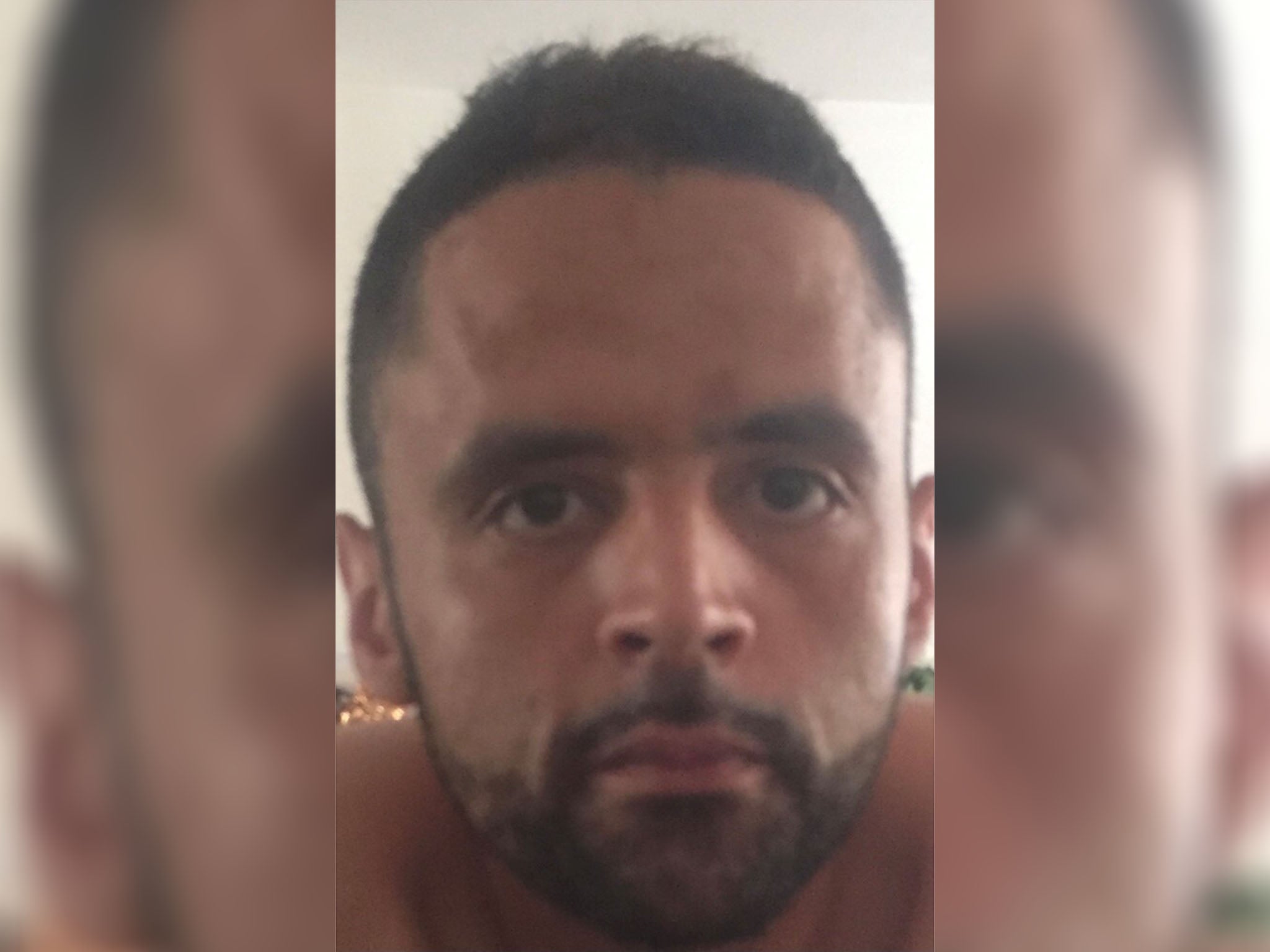Prisoner died after staff were ‘not properly trained to save lives’, coroner rules
Exclusive: Nathan Forrest, 36, died from a drug overdose just a day after being recalled to prison

Your support helps us to tell the story
From reproductive rights to climate change to Big Tech, The Independent is on the ground when the story is developing. Whether it's investigating the financials of Elon Musk's pro-Trump PAC or producing our latest documentary, 'The A Word', which shines a light on the American women fighting for reproductive rights, we know how important it is to parse out the facts from the messaging.
At such a critical moment in US history, we need reporters on the ground. Your donation allows us to keep sending journalists to speak to both sides of the story.
The Independent is trusted by Americans across the entire political spectrum. And unlike many other quality news outlets, we choose not to lock Americans out of our reporting and analysis with paywalls. We believe quality journalism should be available to everyone, paid for by those who can afford it.
Your support makes all the difference.A prisoner died after staff when to provide adequate life support after he was found unresponsive in his bunk, a coroner has ruled.
Nathan Forrester, 36, died at HMP Thameside in South London on 2 July 2019, from a drug overdose, just a day after being recalled to prison.
The inquest heard staff failed to start resuscitation straight away and when they did, the attempts were poor.
Prevention of Future Death reports were issued to both NHS England and the Ministry of Justice following the inquest after a clinical review found prison staff did not have the level of expertise to deliver effective life support to Mr Forrester.
The reports are handed down by coroners in cases where they have heard evidence that further avoidable deaths could happen within institutions if preventative action is not taken. The report is sent to the person or authority who has the power to make the suggested changes.
The charity Inquest said the case identified “crucial lessons” for prisons and their staff to avoid a repeat of the “fatal consequences of inadequate healthcare provision across the prison estate”.
“If future deaths are truly to be prevented, resources must be redirected away from the criminal justice system and into welfare, health, housing, education and social care to ensure people like Nathan receive the support they need,” the charity said.
This decision comes weeks after a report confirmed that the deaths of Black and mixed-race men, like Mr Forrester, in prison, are overrepresented among the prison population.
Mr Forrester, from east London, was described as “outgoing” by his family. After finishing college studies, he was introduced to drugs, which led him to become dependent on substances for much of his life.
When he was recalled to prison on 1 July 2019, staff noted that he appeared to be withdrawing from drugs. Following an evening assessment by a prison GP, a decision was taken not to prescribe methadone - often used to treat heroin dependence - due to his low pulse rate.
He received a dose of methadone the following morning but a cellmate found him in his bed not breathing and with a blue arm, a few hours later.

When the first three officers arrived, they failed to move Mr Forrester from the top bunk or begin resuscitation. An ambulance was later called and healthcare staff began resuscitation attempts, but they were poor, the inquest heard.
Mr Forrester died shortly after from the acute toxic effects of heroin, cocaine and methadone.
The coroner raised concerns about the level of training in resuscitation received by nurses across the prison estate, as well as the lack of training provided to prison staff on the need to move prisoners off the top bunk before starting basic life support.
Tara Mulcair, of Birnberg Pierce solicitors, said: “Nathan’s family are relieved that the inquest process has come to an end, almost four years since Nathan’s death. NHS England and the Ministry of Justice must now take urgent action to ensure that lessons are learned from Nathan’s death.”
The Ministry of Justice and Serco declined to comment. NHS England has been approached for comment.



Join our commenting forum
Join thought-provoking conversations, follow other Independent readers and see their replies
Comments